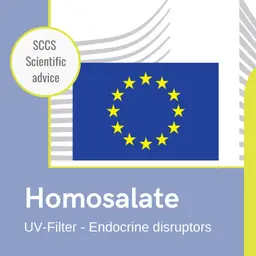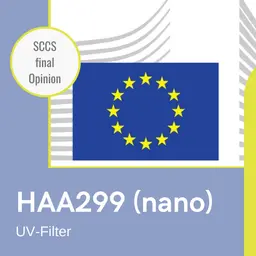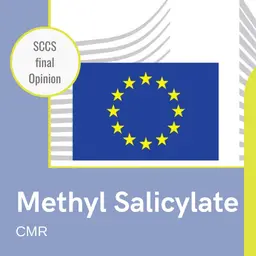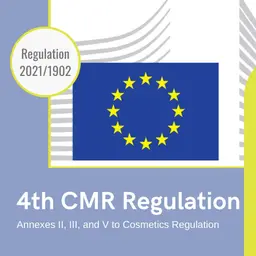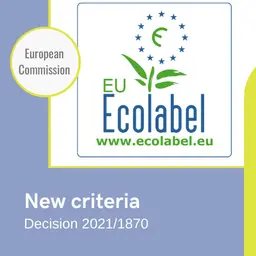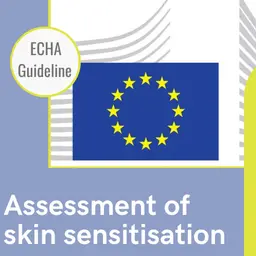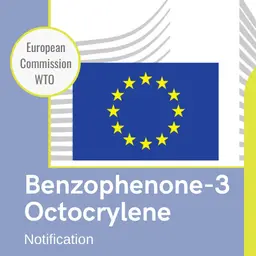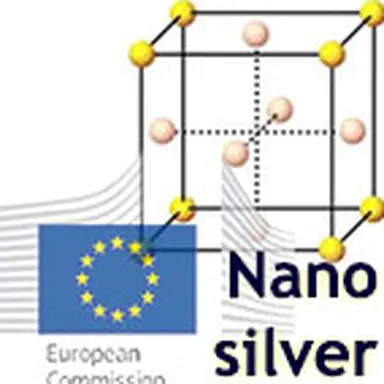
The European Commission and its non-food Scientific Committee on Emerging and Newly Identified Health Risks, SCENIHR, published the final opinion on “Nanosilver: safety, health and environmental effects and role in antimicrobial resistance.” While it is more and more widely used in consumer products (including cosmetics), experts highlighted serious knowledge gap and the need for further research. The Commission published an explanation.
The aim of this opinion is to assess whether the use of nanosilver, in particular in medical care and in consumer products, could result in additional risks compared to more traditional uses of silver and whether the use of nanosilver to control bacterial growth could result in resistance of micro-organisms.
The SCENIHR Opinion
SCENIHR concludes that the widespread (and increasing) use of silver containing products implicates that both consumers and the environment are exposed to new sources of silver. Human exposure is direct (food, hand-to-mouth contact, skin) and may be life long; while in the environment silver nanoparticles may be a particularly effective delivery system for silver to organisms in soil, water and sediment and may act as sources of ionic silver over extended periods of time. Therefore, additional effects caused by widespread and long term use of silver nanoparticles cannot be ruled out.
Regarding the hazard associated with the dissemination of the resistance mechanism following the use of silver nanoparticles, no studies are available at this moment, representing a serious gap of knowledge. Since other nanoparticles have been shown to substantially increase the horizontal gene transfer between bacteria – which is extremely relevant for developing resistance – the potential …

